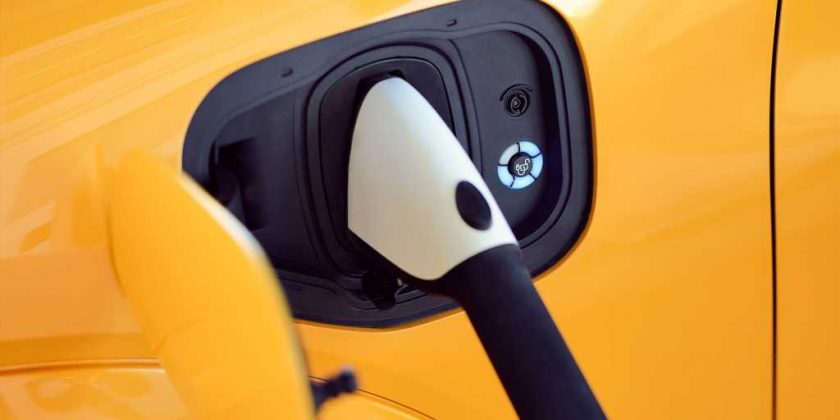Want to charge an EV quickly? Like, refilling-a-gas-car’s-fuel-tank quickly? That kind of juice creates a lot of heat, and the risk of overheating is one of the main limitations on EV charger speed at the moment. (So too is the amount of juice a battery can absorb without damage, but that’s another story.) Ford and Purdue announced that they’re working on one potential solution: liquid-cooled charging cables.
The new technology uses a cooling liquid, but unlike the traditional coolant in your car that is designed to stay in its liquid state during normal operation, this charge cable coolant is designed to evaporate. Changing from a liquid to a vapor state allows the system to carry more heat away from the cable, the lab developing the tech claims, increasing the amount of current the cables can carry before they overheat.
But as we alluded to in the intro, the amount of electricity the charger can pass onto the car is irrelevant if the car can’t accept that torrent of juice at the same pace. The Purdue lab acknowledges this, noting that advancements in vehicle charging systems and related technologies will need to improve for EVs to take advantage of the liquid-cooled charging cable’s potential. So, consider this an admirable jump-before-you-run kind of scenario.
The liquid-cooled cable is currently patent-pending, but there’s currently no info on the maximum current it might carry or what the cooling medium actually is. Ford’s interest in this technology is obvious; its investment in mainstream EVs seems to be paying off, with strong demand for the Mustang Mach-E SUV and upcoming F-150 Lightning EV pickup.
Source: Read Full Article
